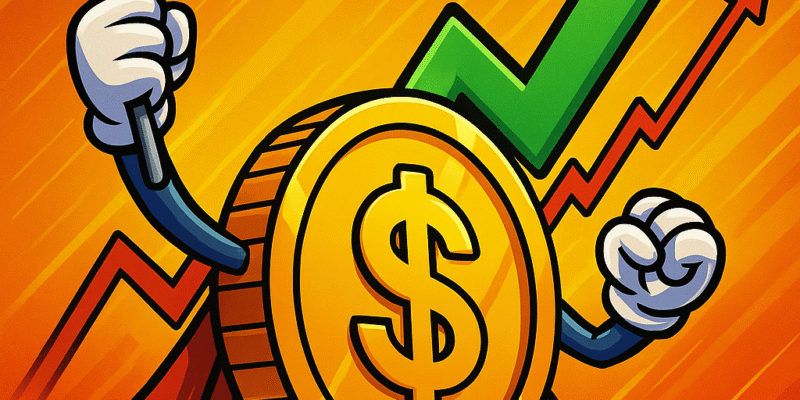South Korea is stepping into a new era of finance, one shaped not by hype, but by clear strategy and purpose. While global headlines often spotlight cryptocurrency volatility, South Korea is turning its attention to something more stable and potentially more impactful and that’s stablecoins and tokenized securities.
This change comes as policymakers and regulators embrace blockchain technology with more confidence than ever before. Rather than viewing digital assets as a threat, South Korea now sees them as tools for modernizing its financial system. At the heart of this shift is a growing effort to legitimize digital tokens that represent real-world value assets like property, company shares, and government bonds. One part of this effort involves stablecoins, digital currencies that are pegged to the Korean won. These are not designed for speculation. Instead, they offer a reliable way to make payments, settle trades, and move money faster than traditional banking allows. Several Korean banks and fintech firms have already begun testing blockchain-powered stablecoins for things like cross-border transfers and real-time settlements.
Alongside stablecoins, the country is also preparing to pass the Token Securities Act, a law that will recognize blockchain as a legal system for handling securities. If passed, this law will allow regulated institutions to issue stocks, bonds, and other assets as digital tokens. These tokens could be traded securely on digital platforms, making investing faster, cheaper, and more inclusive.
For years, companies interested in tokenizing assets had to operate within regulatory sandboxes or remain in legal limbo. The new law aims to fix that by giving digital securities full recognition under Korean law. This could make it easier for everyday investors to own fractions of high-value assets like real estate or fine art through simple mobile apps. Financial institutions are already preparing for this future. Large firms like Shinhan and Woori have launched pilot programs to explore tokenized bonds and blockchain-based clearing systems. These early steps signal a strong commitment to integrating digital assets into mainstream finance.
South Korea isn’t the only country exploring these ideas, but its speed and coordination stands out. The European Union is testing a similar system under the DLT Pilot Regime, and U.S. lawmakers are reviewing bills that support digital asset infrastructure. Still, South Korea appears poised to be one of the first to align stablecoins, securities, and regulation into one functioning system.
If this transformation succeeds, it could make investing more accessible and payments more efficient for millions of people. The tools are already being built. What’s left is the policy to support them and Korea is moving fast to deliver just that.

Comments